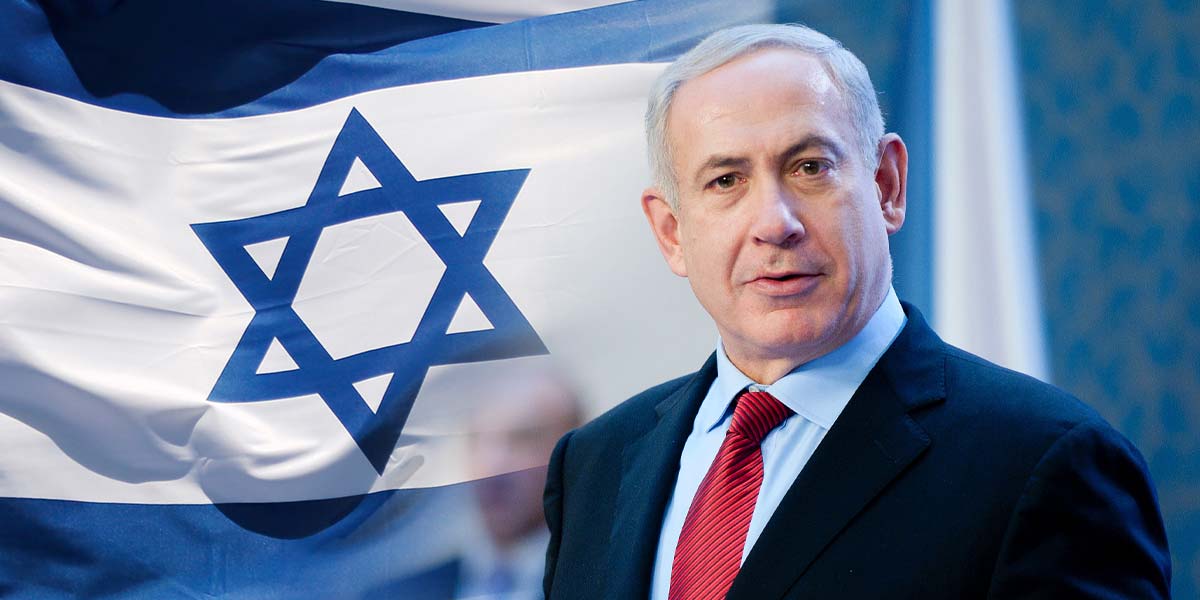Israel and Hamas have reached a long-anticipated ceasefire agreement in Gaza, marking the initial stage of President Donald Trump’s peace framework aimed at ending a conflict that has claimed over 67,000 lives and altered the geopolitical landscape of the Middle East.
The accord, negotiated through indirect talks in Egypt and announced just after the second anniversary of Hamas’ cross-border attack that precipitated Israel’s massive offensive, aligns with the first steps outlined in Trump’s 20-point peace initiative for the Palestinian enclave.
If the deal is fully enacted, it would achieve more than any prior attempt to halt a war that has increasingly drawn in regional actors such as Iran, Yemen, and Lebanon, deepening Israel’s international isolation and reshaping alliances in the Middle East. However, as Reuters notes, the details remain scant and several unresolved issues raise the risk of the agreement faltering, as seen with previous initiatives.
President Trump, in a statement on Truth Social late Wednesday, declared that Israel and Hamas have both signed off on the first phase of the U.S.’ peace plan, and expected that all of the hostages will be released soon. He further noted that Israel will withdraw its military back to an agreed line.
Israeli Prime Minister Benjamin Netanyahu said his government would meet Thursday to ratify the agreement, describing it as a “diplomatic success and a national and moral victory for the State of Israel,” as he pledged the safe return of all Israeli hostages. Hamas also confirmed its acceptance, stating the pact entails an Israeli withdrawal from Gaza and the exchange of hostages for Palestinian prisoners.
Violence in the Gaza Strip since October 7, 2023, has left more than 67,000 dead and devastated much of the territory, according to Gazan authorities. The initial Hamas attack resulted in approximately 1,200 deaths and 251 hostages, Israeli officials report, with 20 of the 48 hostages still detained are believed to be alive.
A source from Hamas indicated that surviving hostages are due to be released within 72 hours of formal approval by the Israeli government, while the retrieval of deceased hostages, thought to number 28, will require more time amid the enclave’s devastation.
Trump told Fox News that he anticipates the release will occur on Monday. Nevertheless, the Israeli military cautioned that several locations in Gaza continue to pose significant danger, warning against immediate return to these areas.
Hamas, earlier on Wednesday, had submitted lists of both the hostages it holds and the Palestinian prisoners it seeks to exchange. However, it continues to reject Israel’s demand for disarmament, a stance a Palestinian source described as unchanged as long as Israeli troops occupy Palestinian land.
The next stage in Trump’s proposal designates an international body led by the U.S. president and including figures such as former U.K. Prime Minister Tony Blair to oversee administration in post-war Gaza. Backing Arab nations insist any transition must ultimately lead to Palestinian statehood—a prospect Netanyahu flatly dismisses.
Control of Gaza after hostilities remains uncertain. Israel, the U.S., Western, and Arab powers have explicitly excluded Hamas from future governance, with Hamas itself insisting that any transition should be conducted under a technocratic administration supported by the Palestinian Authority and regional states, without foreign oversight.
The humanitarian toll and devastation in Gaza has prompted widespread censure of Israel’s campaign, with several human rights bodies and a U.N. inquiry characterizing the actions as genocide—an accusation Israel rejects, citing self-defense after the Hamas attack in 2023.





